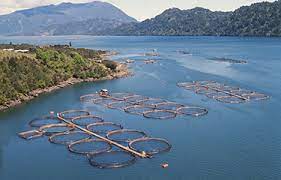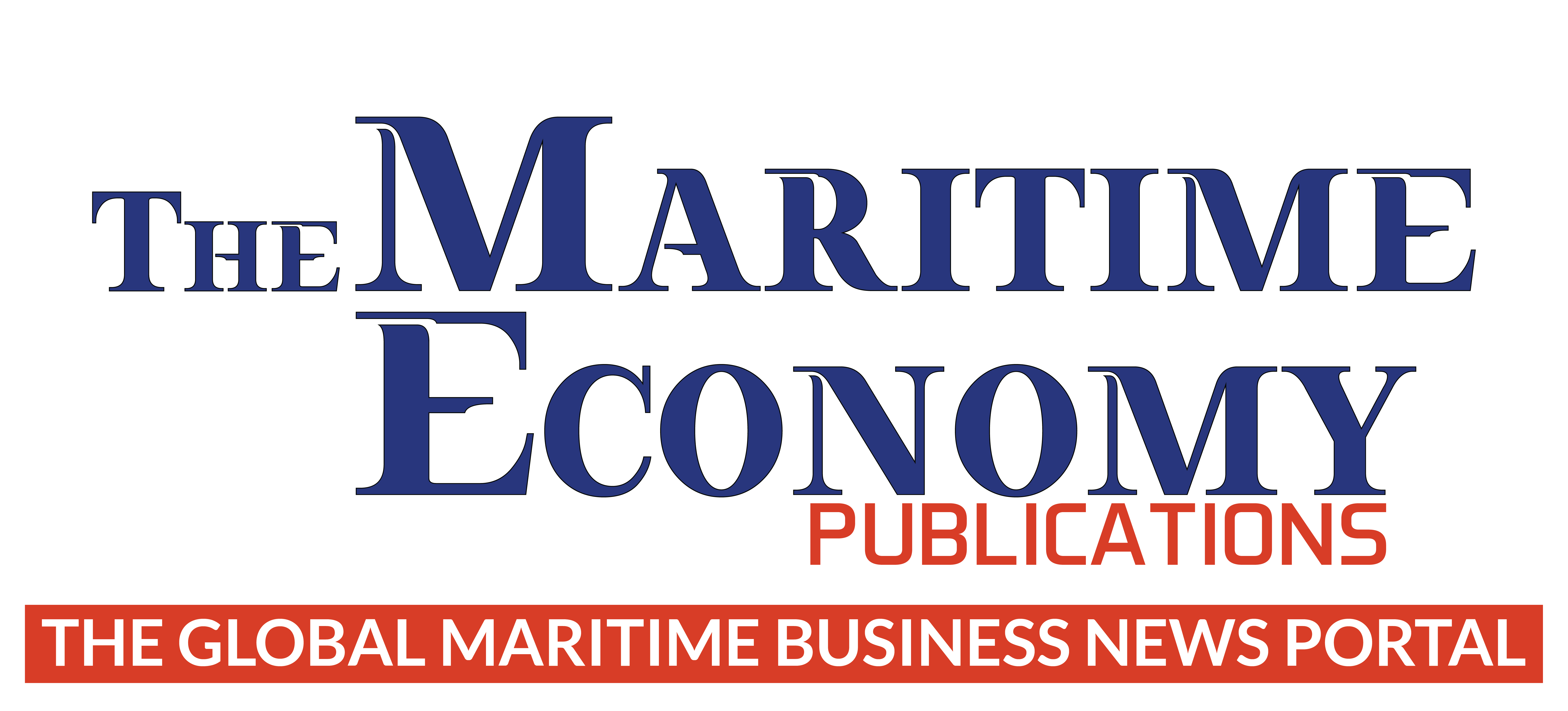Five myths about salmon farming – and the truth behind them

Last year ASC decided to set the record straight by setting out the truth behind some common myths around salmon farming. It turns out there are so many of these misconceptions, they couldn’t fit them all into one blog.
So here are a few more myths that need busting about salmon farming. At ASC they are an evidence-based organisation, and they would never claim that salmon farming is impact-free (no food production is). By the same measure, the only way to be sure a salmon farm (or oyster farm, or seabass farm, or any other farm) is really minimising its environmental and social impacts is by checking whether it is ASC certified.
ASC certification requires a thorough multi-day on-site audit against the most stringent requirements in the industry. By achieving this, salmon farms are demonstrating that they are taking action to reduce the impacts of their farm. Because ASC certification is based on a farm-level audit at the time fish are actually being harvested, it provides a specific and robust assurance that certified seafood really was produces responsibly.
But there are still some general misconceptions out there that suggest all salmon farming is inherently bad. Here are a few more myths about salmon farming, and the truth behind them.
Myth: salmon farming can only be sustainable if it is done on land
Truth: Any type of farming, or food production generally, will have environmental and social impacts. Different methods of farming will produce different impacts, but what really matters is how an individual farm is managed. That’s why it’s not helpful to make general statements about all farms of this or that type. That’s also why ASC certification, based on on-site audits of individual farms, provides the best indication of whether a salmon farm is responsible.
It is true that land-based farms will not have certain impacts such as escapes. But other impacts, like energy use, may be higher. None of this means one method is better than the other, it means we need to assess farms based on their individual practices. Fortunately, ASC certification does just that and specific guidance is available for net pens in the sea and land-based farms.
Myth: land-based salmon farming should not be allowed
Truth: Maybe it says something that land-based salmon farming can be both portrayed as a necessary replacement of traditional farms and criticised as something that should not be permitted. We think this demonstrates our point above – general statements about entire methods of farming are too vague to provide helpful information about whether something is sustainable. So, once more: the truth is that different methods of salmon farming have different impacts, and that doesn’t mean one is better than the other. Let’s take a farm-by-farm approach to provide real assurance that farming is being done responsibly.
Myth: salmon farmers don’t care about animal welfare
Truth: This is a big generalisation that doesn’t take into account the individual practices of different farmers. It also ignores the basic economic facts – good welfare means healthy fish that grow well whereas poor welfare creates conditions for disease, poor growth and the need for expensive medical treatments. At ASC we know, thanks to rigorous audits by independent auditors against our standards, that certified farms take a number of steps to protect the welfare of their fish. This includes:
- A Fish Health Management Plan (FHMP) which includes actions to reduce the risk of disease and ensure staff are trained
- Antibiotics cannot be used preventatively, which encourages farmers to maintain good fish health without resorting to antibiotics
- Proper accounting, reporting, and responsible removal of mortalities
- A specific ‘mortalities reduction programme’ with defined annual targets
Welfare is such an important issue that a major ongoing project is looking at strengthening requirements around welfare. As with all programme improvements, this project has involved input from ASC stakeholders including farmers, so we do not agree that all salmon farmers don’t care about this issue.
Myth: Salmon farming depletes wild stocks rather than protects them
Truth: Like most myths, these sorts of statements are so general they don’t tell us much about salmon farming. It is true that salmon farming can have impacts on wild populations – if it is not done responsibly (but it is also the case that wild salmon stocks have declined in areas where there is no salmon farming.)
The ASC Salmon Standard includes a number of requirements to minimise these impacts. This includes limits on the number of sea lice permitted during sensitive periods for wild populations, strict limits on water quality in and around the farm, and limits on the use of medications and chemicals.
At the same time, salmon farming can help to protect vulnerable wild stocks by providing an alternative to consumers. Again, we would not say that one type of salmon is always better than the other: the key is to assess each product on how it was produced. And that’s where ASC’s robust certification and transparent standards can help: simply look for the ASC logo the next time you’re in the seafood aisle.
Image Credit : The seafood source - for representation only
